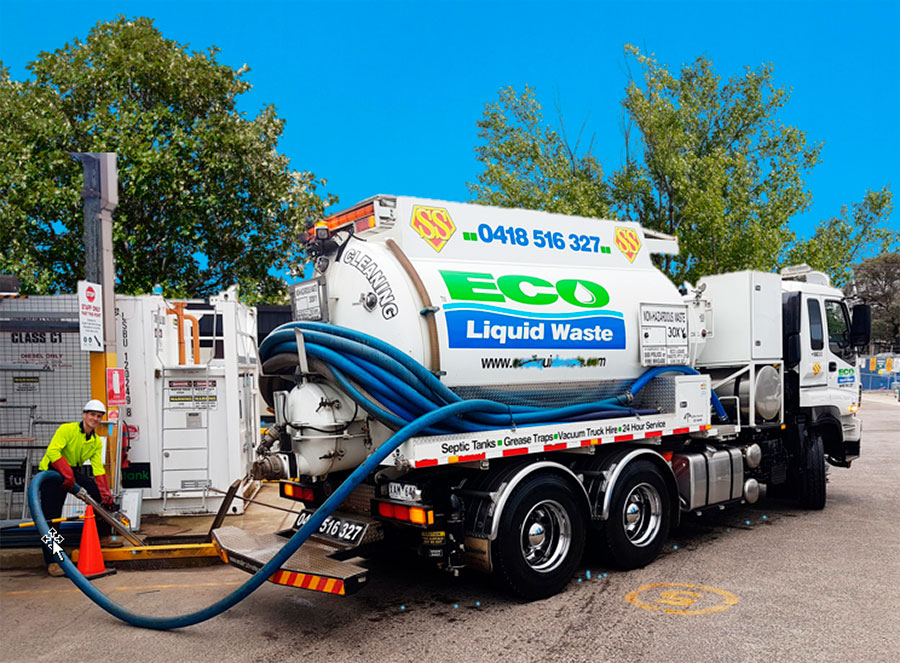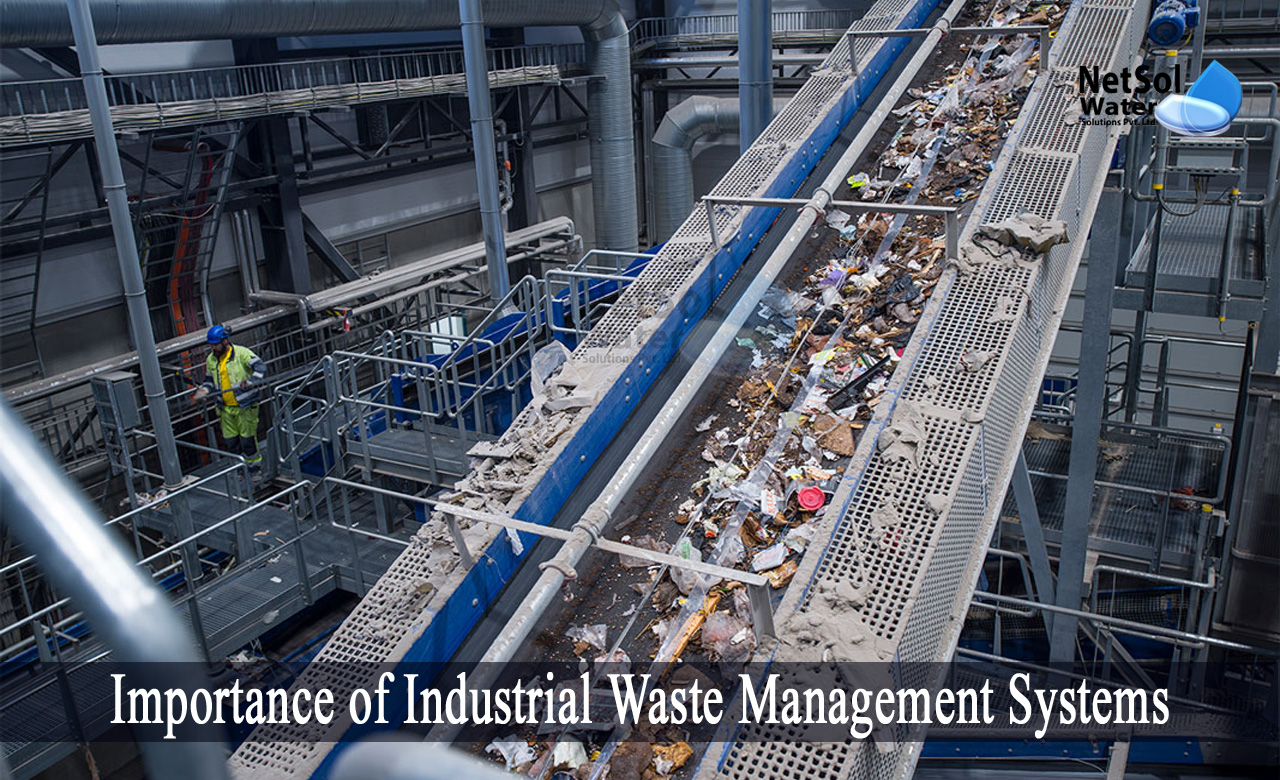7 Simple Techniques For Reclaim Waste
7 Simple Techniques For Reclaim Waste
Blog Article
Reclaim Waste Can Be Fun For Everyone
Table of ContentsSome Known Incorrect Statements About Reclaim Waste Little Known Facts About Reclaim Waste.The Main Principles Of Reclaim Waste Reclaim Waste - TruthsGet This Report on Reclaim Waste
Check out the types, occurrences, and kinds of liquid waste. Domestic sewage waste refers to the waste and products from a household septic tank. This sort of waste is produced by human beings in houses, institutions, and various other structures. This only includes septic systems that have a drainpipe field. The correct administration and disposal of residential sewer waste require liquid waste to be moved to a sewage therapy plant where the appropriate approaches and tools are applied to cleanse and dispose of waste.
Commercial waste usually includes prospective hazards, such as combustible products or a mixture of fluid and solid waste products, and requires an extra innovative and thorough disposal process. The disposal of industrial waste commonly involves the filtration of waste prior to transportation to make certain safe and correct disposal. Industrial waste is developed from results and runoff of commercial processes and production.
This type of waste can not use the very same sewer administration transportation or processes as septic or commercial liquids. The commercial waste administration process calls for the examination and screening of liquid waste before it undergoes the disposal process (liquid waste removal melbourne). Runoff waste is the liquid waste that comes from runoff and excess stormwater in very inhabited locations or cities
Drainage waste can create contamination and flooding if not taken care of appropriately. Making sure proper waste management can stop catastrophes and reduce ecological injury.
What Does Reclaim Waste Mean?
Contact PROS Solutions today to discover our waste management and disposal services and the proper means to take care of the liquid waste you produce.
(https://www.blogtalkradio.com/reclaimwaste1)This supposed 'wastewater' is not just a crucial source however, after therapy, will be released to our land, rivers or the ocean. Used water from bathrooms, showers, baths, kitchen area sinks, laundries and commercial processes is recognized as wastewater.

water utilized to cool equipment or tidy plant and tools). Stormwater, a type of wastewater, is overflow that streams from farming and urban locations such as roofing systems, parks, gardens, roadways, paths and gutters right into stormwater drains pipes, after rain. Stormwater moves without treatment directly to neighborhood creeks or rivers, eventually getting to the ocean.
The Only Guide for Reclaim Waste
In Queensland, most wastewater is dealt with at sewer treatment plants. Wastewater is transported from domestic or commercial websites through a system of sewers and pump stations, recognized as sewerage reticulation, to a sewage treatment plant.
The Division of Natural Resources suggests city governments regarding managing, operating and maintaining sewerage systems and treatment plants. In unsewered locations, regional federal governments might call for homeowners to install specific or household sewer treatment systems to deal with domestic wastewater from bathrooms, cooking areas, restrooms and laundries. The Division of Natural Resources authorises using family systems when they are confirmed to be effective.
In some new subdivisions, therapy of some stormwater to get rid of clutter, sand and crushed rock has started making use of gross toxin catches. Wastewater treatment occurs in 4 stages: Removes solid matter.
Wastewater then streams right into big storage tanks where solids clear up and are eliminated as sludge. Oil and residue are skimmed visit their website from the surface. Uses little living organisms understands as micro-organisms to damage down and eliminate continuing to be liquified wastes and fine fragments. Micro-organisms and wastes are incorporated in the sludge. Eliminates nitrogen and phosphorus nutrients that might create algal flowers in our waterways and endanger water life.
How Reclaim Waste can Save You Time, Stress, and Money.
Nutrient elimination is not readily available in all sewage therapy plants due to the fact that it needs pricey specialist devices. It is becoming more typical in Queensland. Clear fluid effluent generated after treatment may still have disease-causing micro-organisms. If this effluent is launched right into waterways such as rivers or the sea, the micro-organisms will eventually die out.

This generally suggests wastewater has actually to be treated or impurities eliminated prior to it can be discharged to waterways. A lot of wastewater moves into the sewerage system. Under the Act, regional federal governments carry out approvals and permits for ecologically pertinent tasks (Ages) including wastewater releases that might have a local impact. The division provides approvals and permits to Periods involving wastewater launches that may have a regional or statewide impact.
Reclaim Waste Can Be Fun For Anyone
Surveillance supplies accurate info regarding water top quality and can validate that licence problems are being satisfied. The information gotten with surveillance supplies the basis for making water top quality decisions.
Report this page